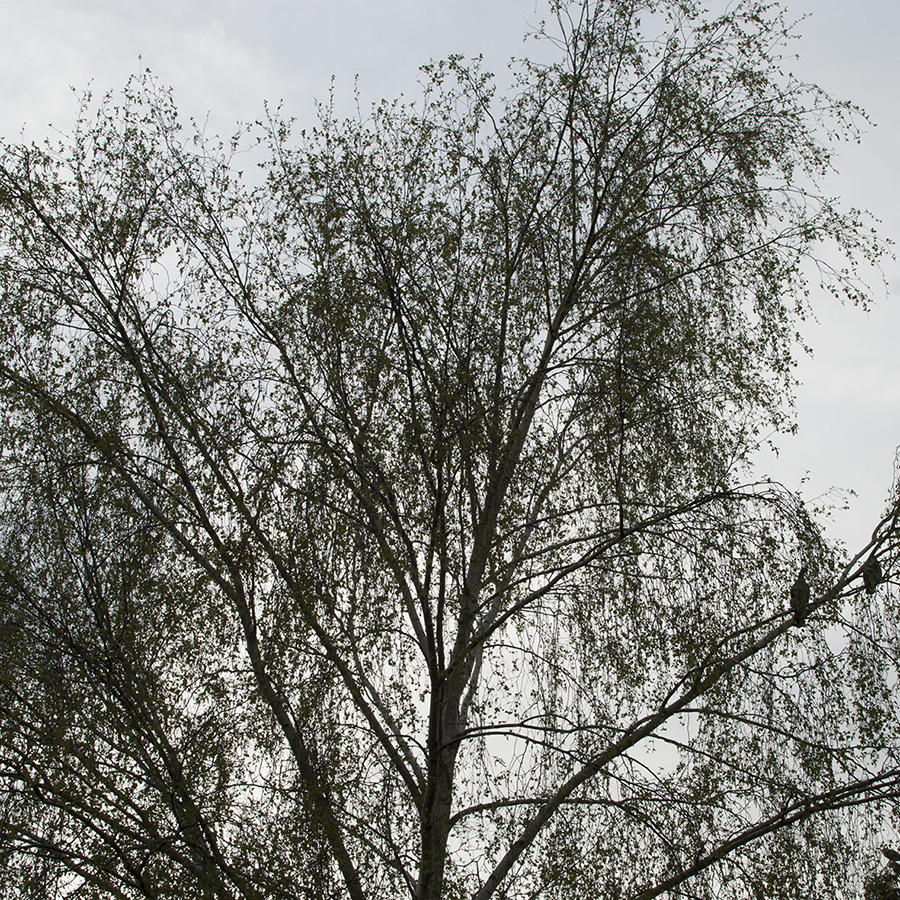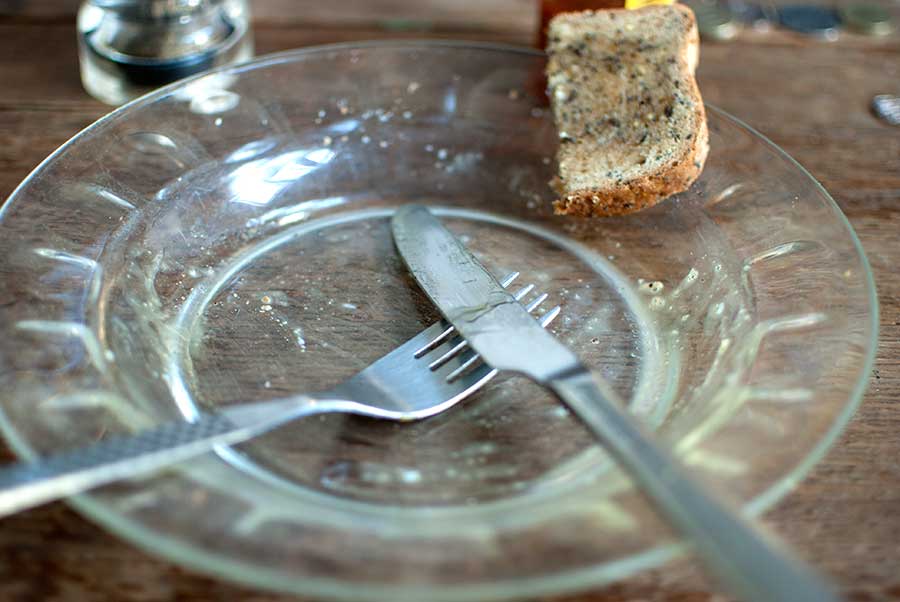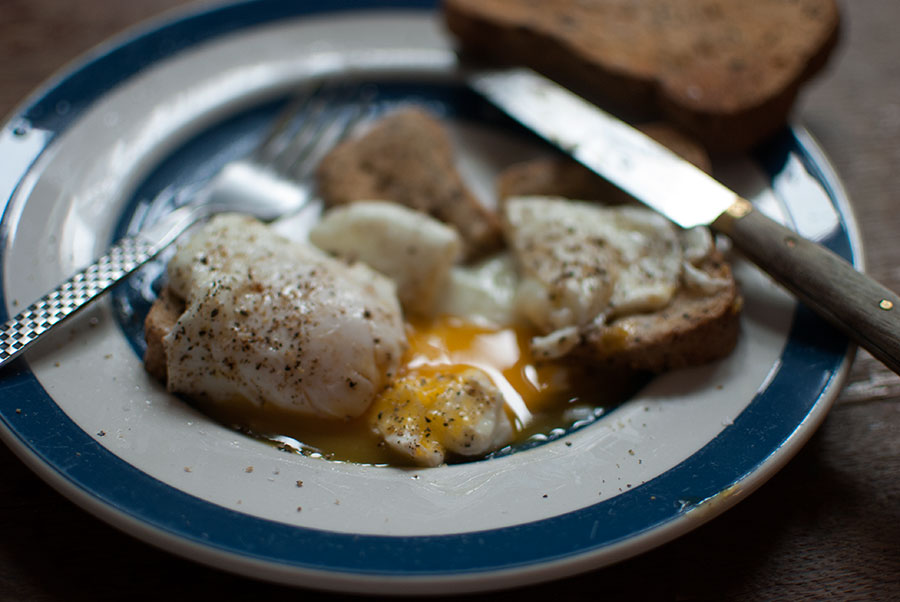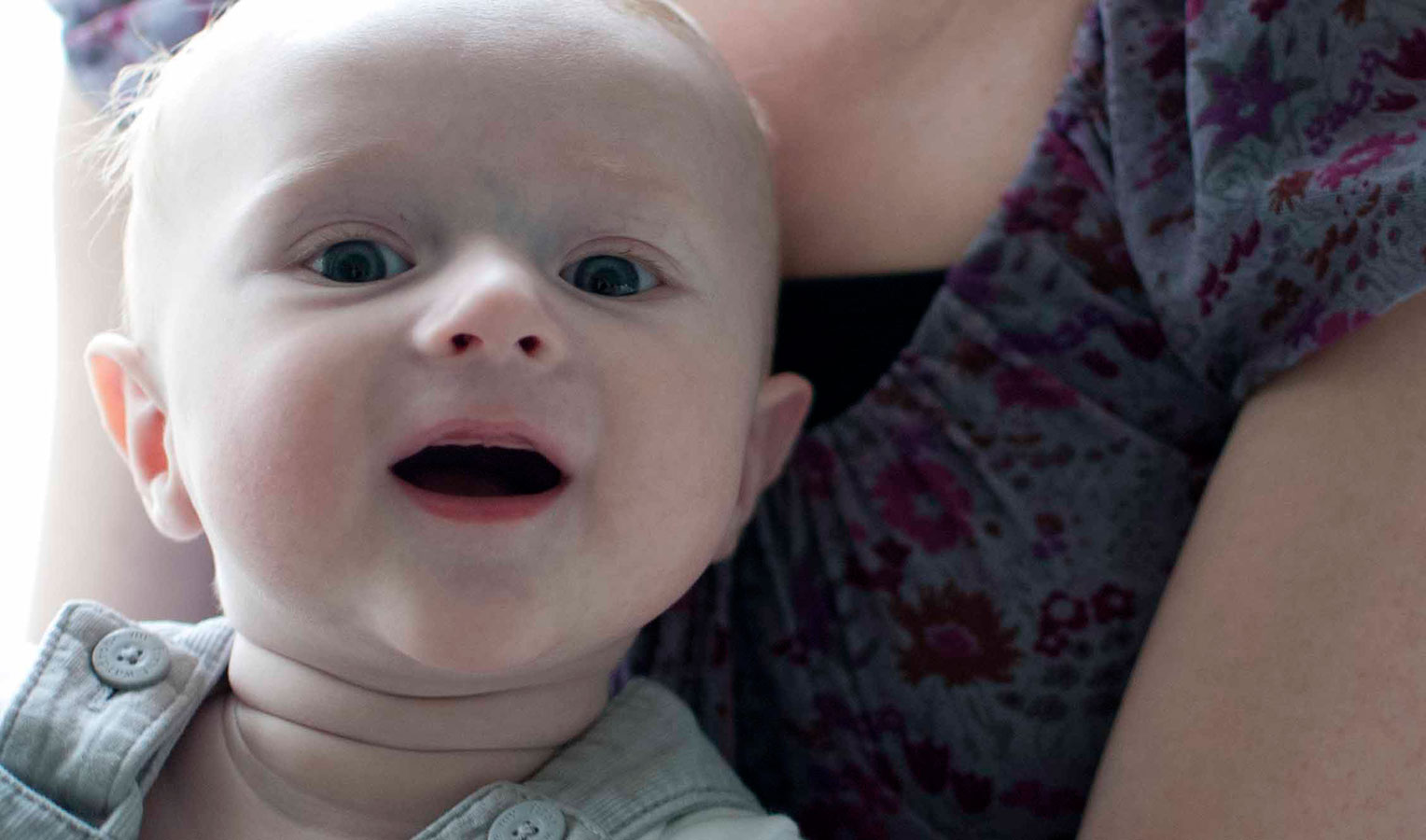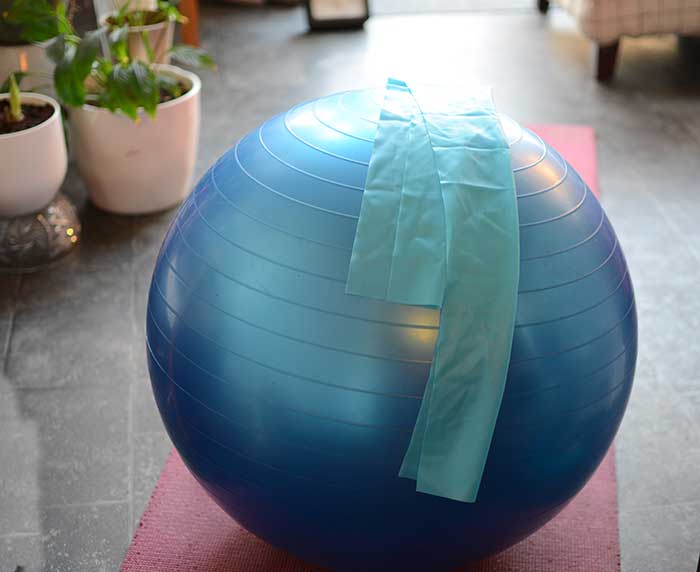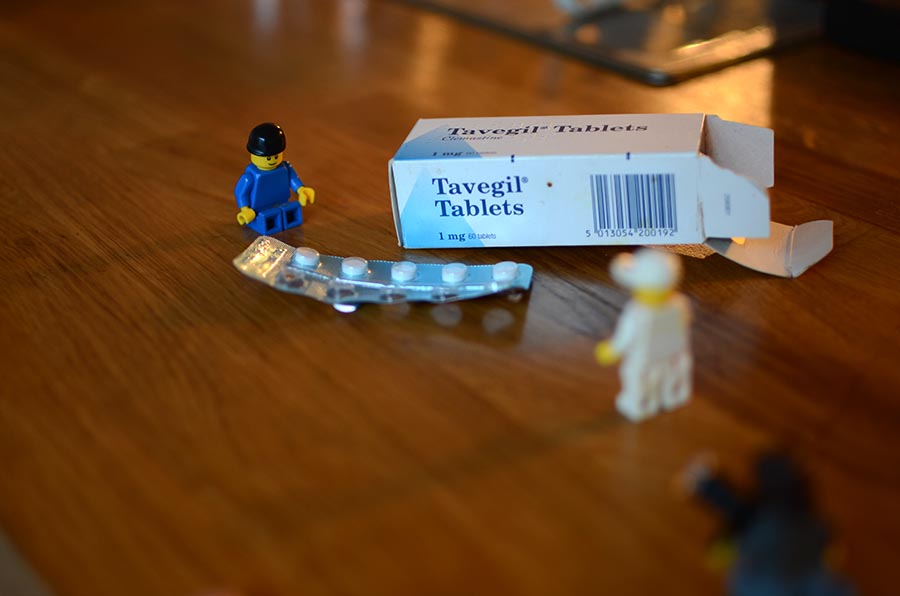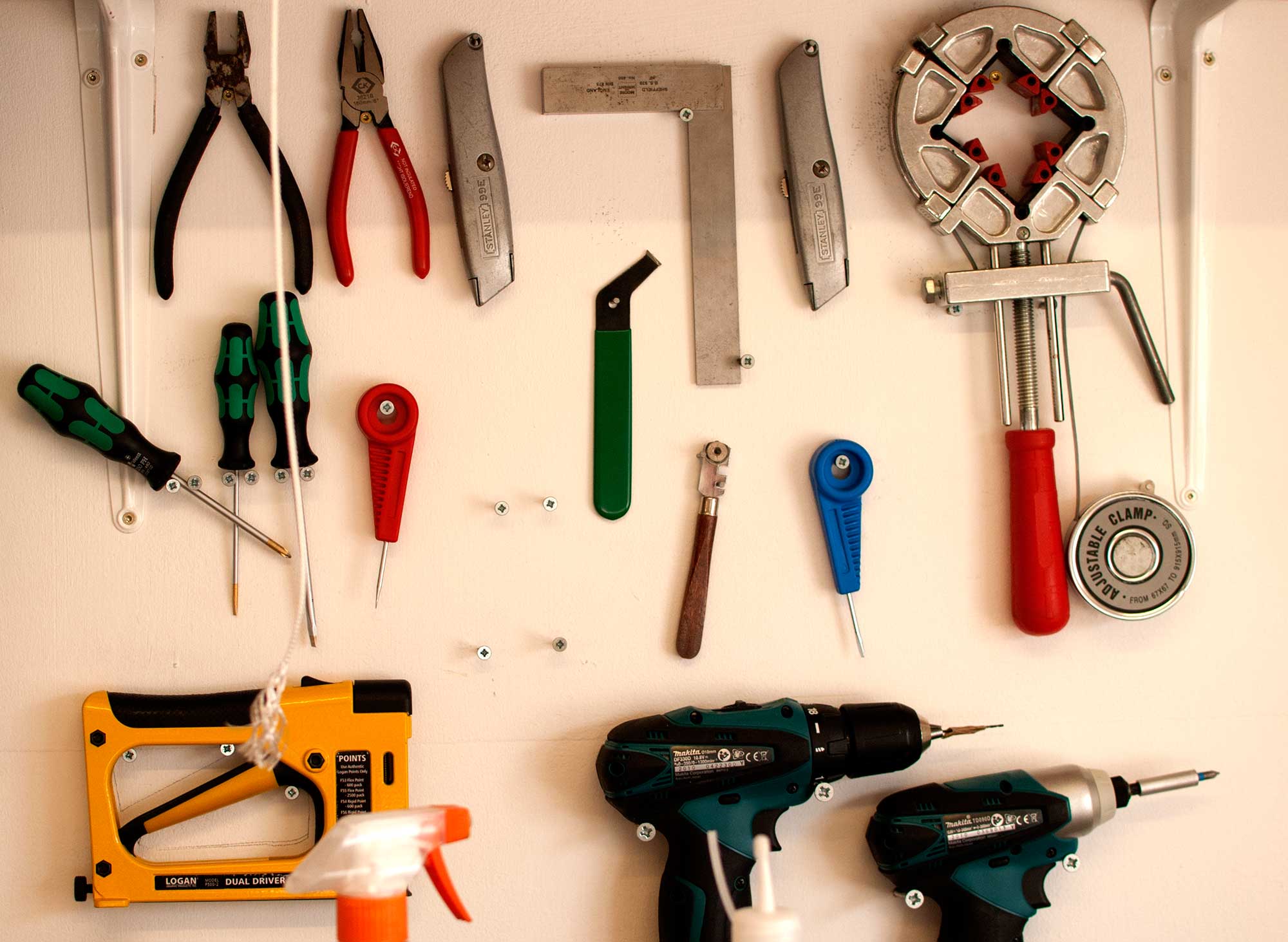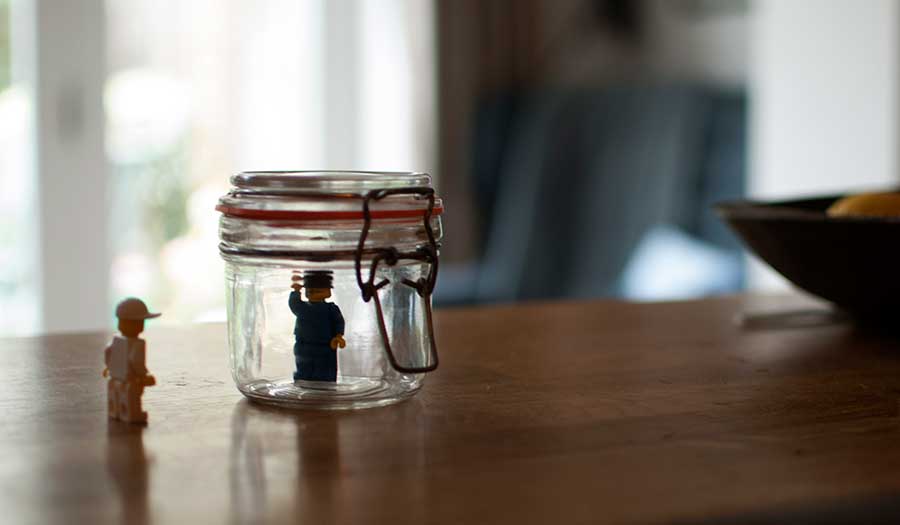It’s hard not to become preachy when thinking about
how we treat HOME.
During this time we may have lots of time on our hands to care about the state of the world. Some of that time may also be spent watching the news.
It strikes me we’re thinking about the planet incredibly LOCALLY.
In adjacent news articles on a morning news bulletin we were first horrified at the increase in littering in parks, beauty spots and laybys (which admittedly all looked pretty horrific) but then the next article was about getting back to flying again!
Do we care, really?
Plants, wildlife and insects have all benefited from no planes flying but the public it seems, are keen to get back to ‘life as normal’.
Flying through the air and throwing out more CO2 which litters the sky and heats the planet up we don’t see as bad as littering near where we live.
Do we think, really?
It’s tricky as in theory, going abroad gives us the chance to broaden our horizons allowing us better to imagine ourselves in someone else’s shoes.
Does travel do that, though?
International travel makes a mess in the sky and contributes to the acidification of our seas and oceans. Not addressing our impact on planet earth while we worry about the litter in the park next door or our wrecked beaches after a weekend of hot weather seems shortsighted at best.
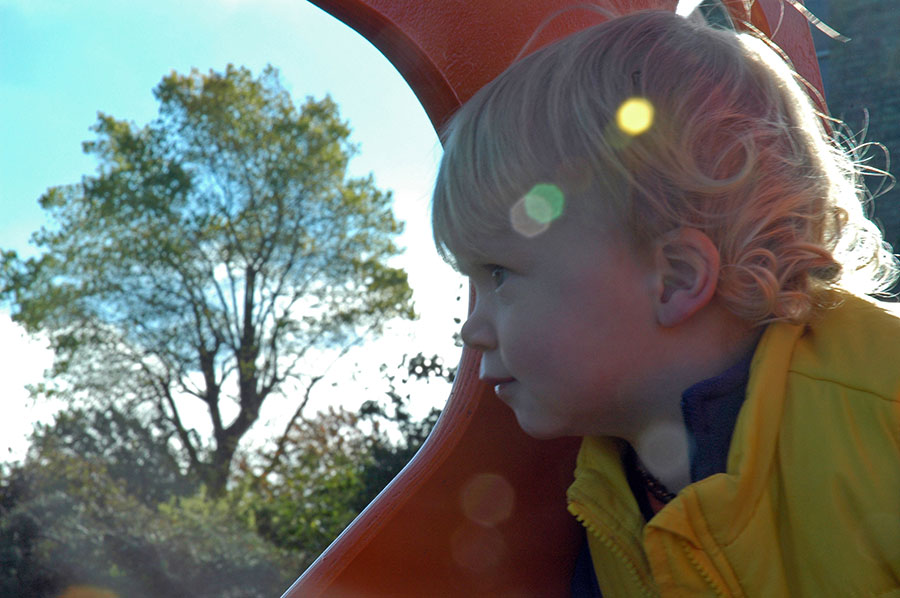
I’m all for supporting the environment
We need to encourage more growing of trees – the right kind in parts of deforested Europe (read UK). Broadleaf woodland that would be recognizable to the builders of the Armada for example instead of the cheap, fast growing pine and discouraging rain forest destruction as it cuts into the environments of animals we like looking at like pandas, koalas, monkeys, chimps and orangutans.
I’m not sure we can have it all.
Kit Kats, Skittles and Oreos (which many of us love) destroy the rain forests by turning land to palm oil production that various ‘fluffy bears’ live in.
The trees from these rain forests soak up carbon dioxide we belch out through frequent flying. The habitat around us is also changing by producing Industrial rates of beef for our society. Meat free Mondays is just the start.
It seems sometimes we destroy ourselves AND our environment by not stopping and thinking for a minute by letting institutions serving ust to grow unchecked.
Do we have the balance right?
